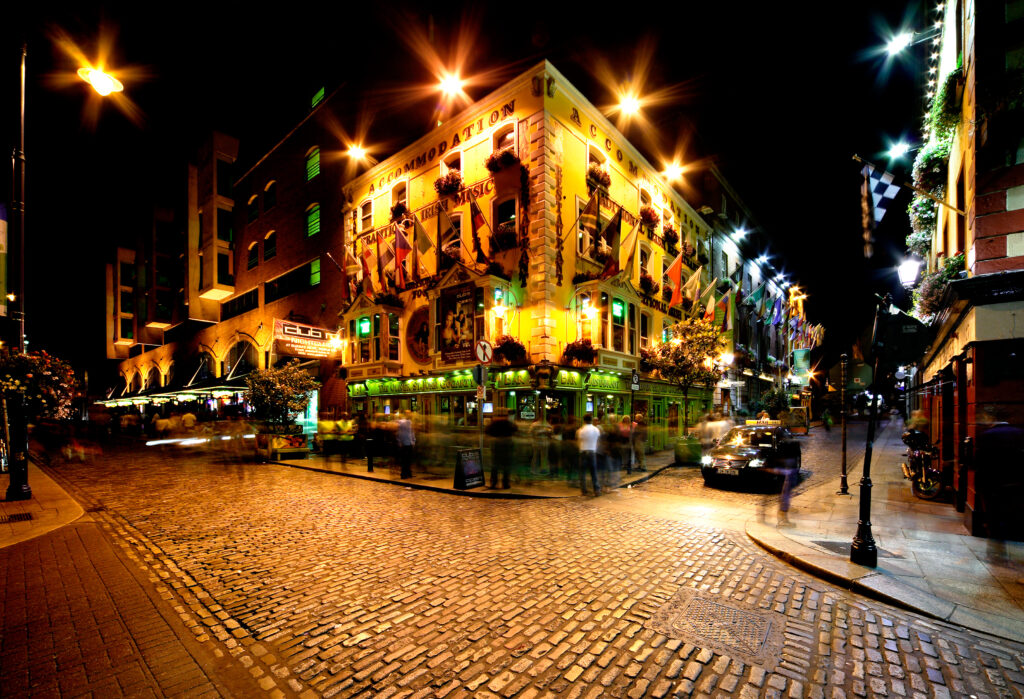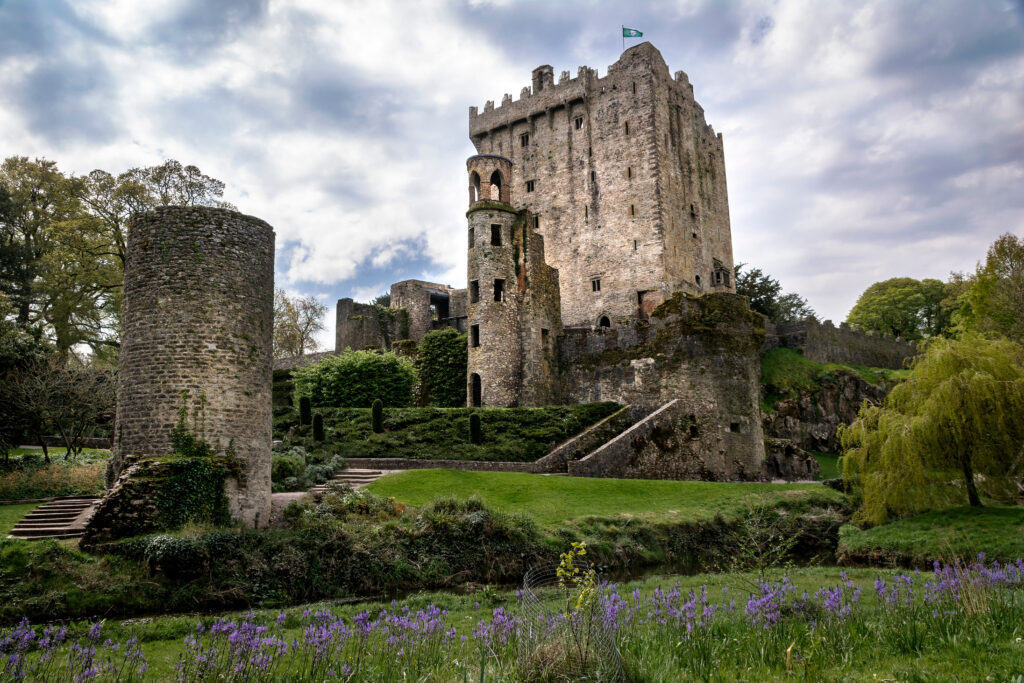
There is some foundation on the soil that our ancestors once called home. Maybe it’s the air-cooler, somehow or accused of identifying. Maybe it’s just realizing that their choices shape your path, whether they were on a boat in the 1800s (like my ancestors) or escaped from suffering, nothing more than last name and prayer.
Heritage travel is not a trend. This is a reward. Not only to go to a place, but also to be part of themselves, they have been waiting quietly in the background, asking to see.

And if your roots can be traced back to anywhere in Ireland or Europe, it will never be easier to get there. Now, Aer Lingus is flying non-stop from Nashville (and many other American portals) to Dublin. It’s eight hours between you, a trip your grandparents may always be planning to take, or you’ve been quietly feeling curious for years.
Heritage travel can take many forms. Some journeys revolve around tracking family records in a quiet country hall. Others include drinking tea in the kitchen of a distant cousin, or the fields where his great-grandfather once ploughed. Some experiences unfold in the National Archives and ancient cemeteries; other involved castles or use heirloom recipes to radiate meals or meals for generations.
The thing about heritage travel is: It makes sense, it doesn’t have to be rustic. You don’t need to sleep in your aunt’s cottage (unless you want). Heritage tours can still include beautiful hotels, knowledgeable guides and well-paced days. It can be deeply emotional without feeling emotional.

This is what Heritage Travel looks like now and why it’s worth it.
1. You set your pace
Not everyone wants to spend a few days sifting microfilm. For some, it would be enough to stand in a church where their families were baptized or heard the bells of the same village that ancestors had heard. Others want to delve into it—by the records of the old parish, meet genealogists, and even divide DNA results into levels. Whatever you prefer, this is your story and there is no “right” way to reconnect with the past.
2. You get more than just the story – you get the background
Family legends are usually part of fact, partly embellishment. The details are lost, the name is confused, and it becomes blurred over time. But when the correct information surfaces (when a name or town is found in the registry to match the story), it is like seeing your reflection in a historical mirror. Suddenly, the abstract story becomes real. You not only start to understand where your family comes from, but why they left, and what they carry with them (and what they don’t have).

3. You travel for different purposes
It’s more than just a sightseeing trip. This is personal. Parents take their children to show them where their family comes from. The couple brings an anniversary that makes more meaningful than a beach trip. Solo travelers sometimes find its roots during the transition of their lives. Sometimes, it’s not about finding the answer at all. It’s about staying still for a while in a place that once held a name.
4. You’ll remember this
Travel memories tend to be blurred – another palace, another square. But the moment you find a tombstone that matches the name in the family Bible or shake hands with someone who shares his great-grandfather’s last name? This is with you. This marks a turning point – not only on your journey, but on your understanding of yourself.

Yes, Dublin is the perfect starting point
With the help of new uninterrupted services in Nashville, Dublin is now sleeping only. The city itself provides a thoughtful entrance to Irish history. Travel through the Irish Immigration Museum Epic. Explore the quiet elegance of Dublin, Georgia. Raise a pint at a bar where your family arrives in the United States.
From there, the rest of the country is open: Galway, Cork, the rugged west, the rolling green central region. Northern Ireland, if your lineage extends in that direction. Ireland can be a destination for other parts of Europe (Scotland, Italy, Germany) or a destination where the family tree may extend further. That is the beauty of heritage travel. You’re not just going to somewhere that makes sense. You have to be cautious and not have the pressure to figure it out on your own.

So, why now?
As time passed, the story gradually disappeared and the place changed. Because time has a way to eliminate the physical clues we don’t know we are looking for. Because having a new flight is easier than ever. Because the longer you wait, the less you may find.
But mainly? Because standing in a place that once stood has changed the way you see everything – your past, now, and that makes you realize that it is always part of your future.







